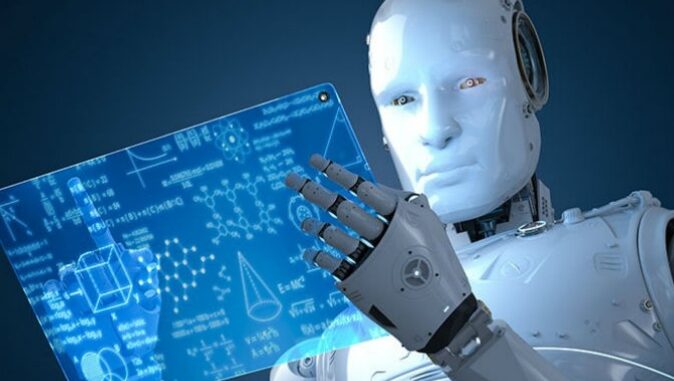
AI is significantly transforming the modern workplace across various industries.
Its impact spans numerous areas, from automation of routine tasks to enhancing decision-making processes.








Here’s an overview of how AI is reshaping the workplace:
Automation of Routine Tasks
Increased Efficiency:
AI can handle repetitive tasks such as data entry, scheduling, and email management, freeing up employees to focus on more complex and creative tasks.
Automation reduces errors and improves the speed of task completion.
Cost Reduction:
By automating routine processes, companies can reduce labor costs and operational expenses.
AI-driven maintenance and monitoring systems can predict equipment failures, minimizing downtime and repair costs.
Enhanced Decision-Making
Data Analysis:
AI systems can analyze large volumes of data quickly and accurately, providing insights that help in strategic decision-making.
Predictive analytics can forecast market trends, customer behavior, and potential risks.
Personalized Customer Experiences:
AI can analyze customer data to offer personalized recommendations and support, improving customer satisfaction and loyalty.
Chatbots and virtual assistants can provide instant responses to customer inquiries, enhancing service efficiency.
Improved Productivity
Collaboration Tools:
AI-powered tools facilitate better collaboration among team members, regardless of their location.
Features like real-time language translation and automated meeting scheduling enhance productivity.
Workforce Management:
AI can optimize workforce management by predicting staffing needs, scheduling shifts, and managing employee performance.
It can also identify skill gaps and recommend relevant training programs.
Innovation and New Opportunities
New Job Roles:
The integration of AI creates new job opportunities in fields like AI maintenance, data science, and machine learning.
Employees can transition to more strategic roles that require human creativity and emotional intelligence.
Product Development:
AI accelerates the product development cycle by enabling rapid prototyping, testing, and optimization.
It fosters innovation by identifying new market opportunities and customer needs.
Challenges and Considerations
Job Displacement:
Automation may lead to job displacement in roles that involve routine and repetitive tasks.
There is a need for reskilling and upskilling programs to help workers transition to new roles.
Ethical and Bias Concerns:
AI systems can inherit biases from their training data, leading to unfair or discriminatory outcomes.
Ensuring ethical AI deployment and maintaining transparency in AI decision-making processes is crucial.
Privacy and Security:
The use of AI involves handling large amounts of data, raising concerns about data privacy and security.
Companies must implement robust data protection measures to safeguard sensitive information.
Future Outlook
Continued Integration:
AI will continue to integrate into various business processes, driving further innovation and efficiency.
Collaboration between humans and AI systems will become more seamless, enhancing overall workplace dynamics.
Evolving Skills Landscape:
The demand for skills in AI, machine learning, and data analytics will continue to grow.
Lifelong learning and adaptability will be essential for employees to thrive in an AI-driven workplace.
AI’s impact on the modern workplace is profound and multifaceted, offering both opportunities and challenges. Organizations that effectively harness AI’s potential while addressing its challenges will be better positioned to succeed in the evolving business landscape.

Leave a Reply